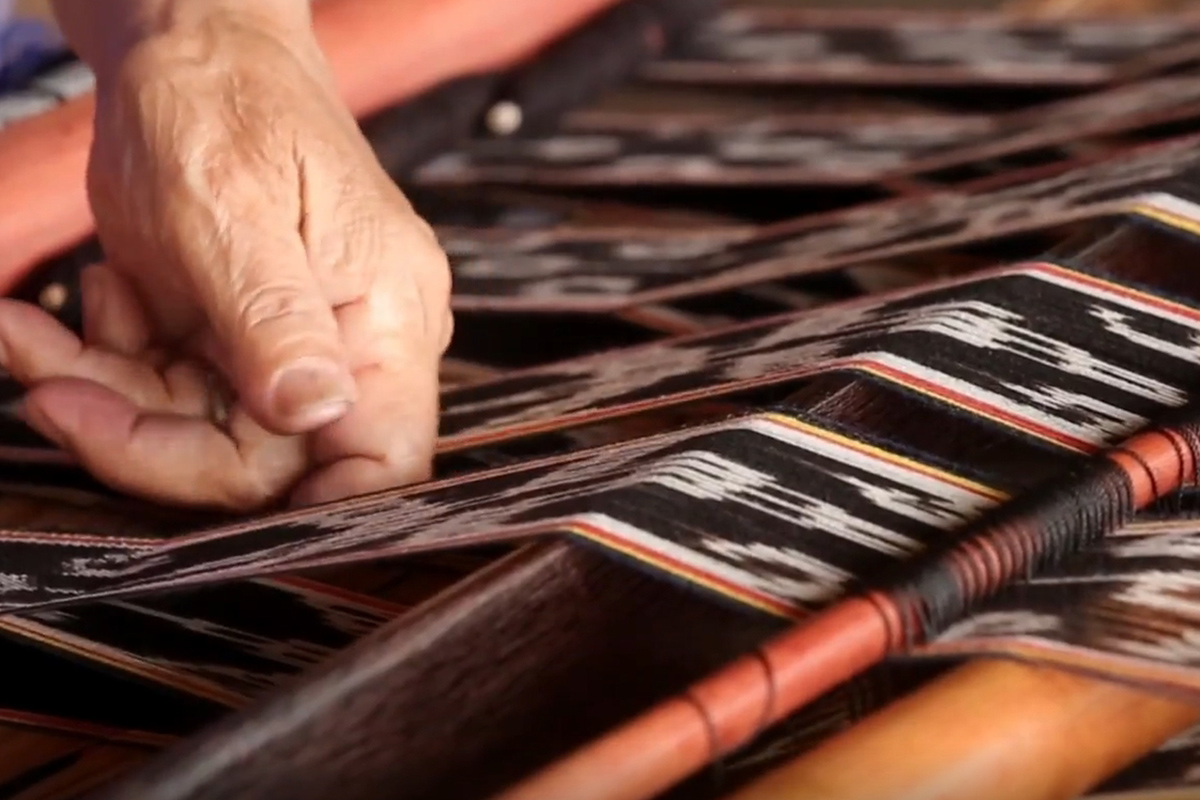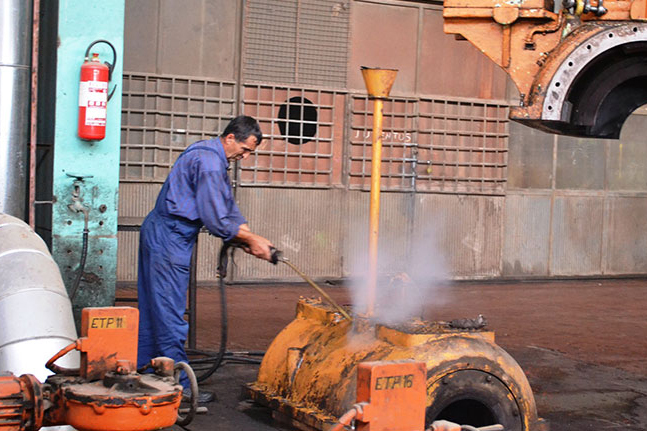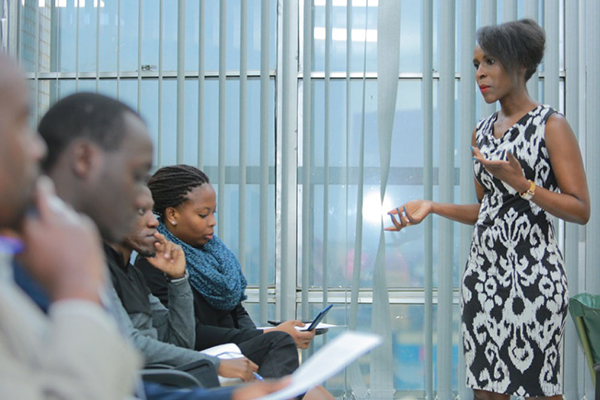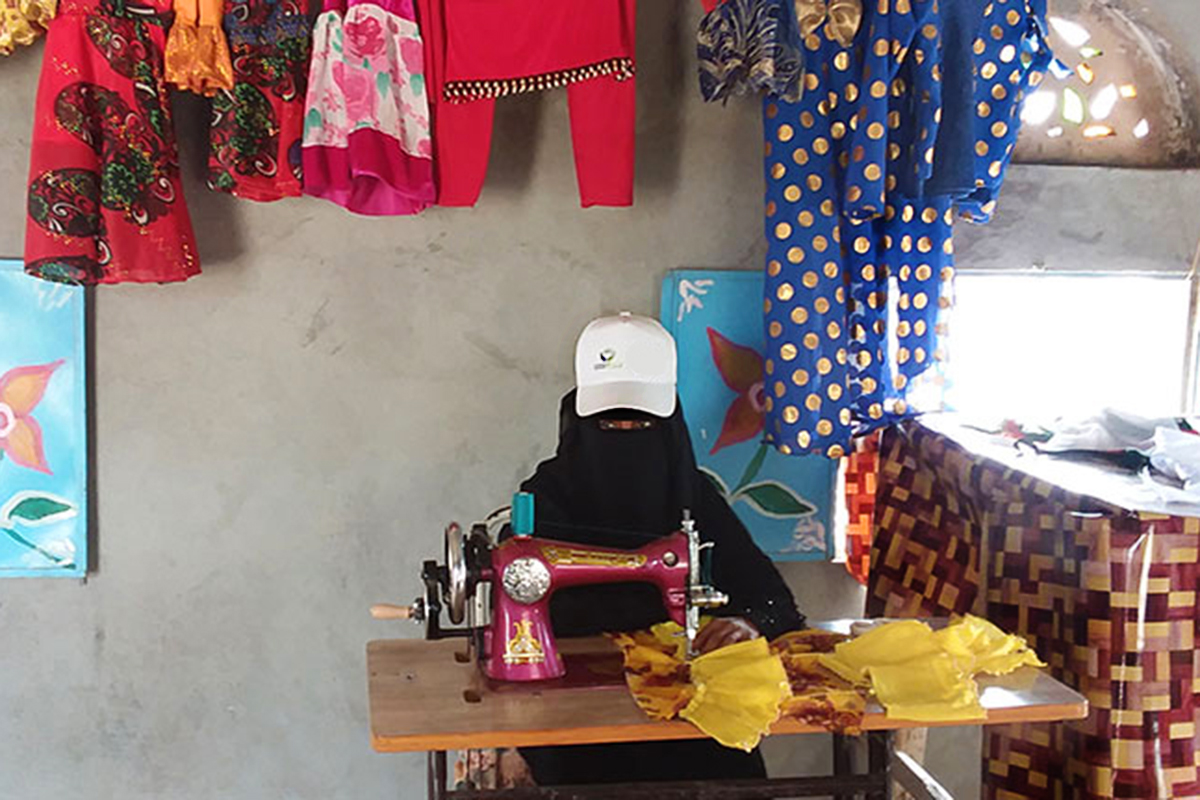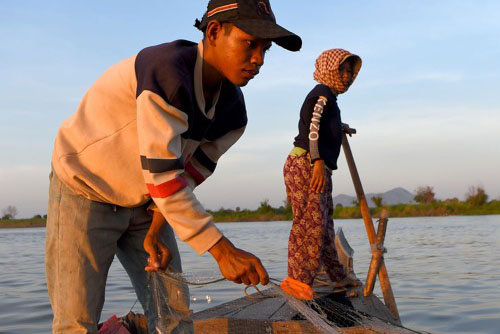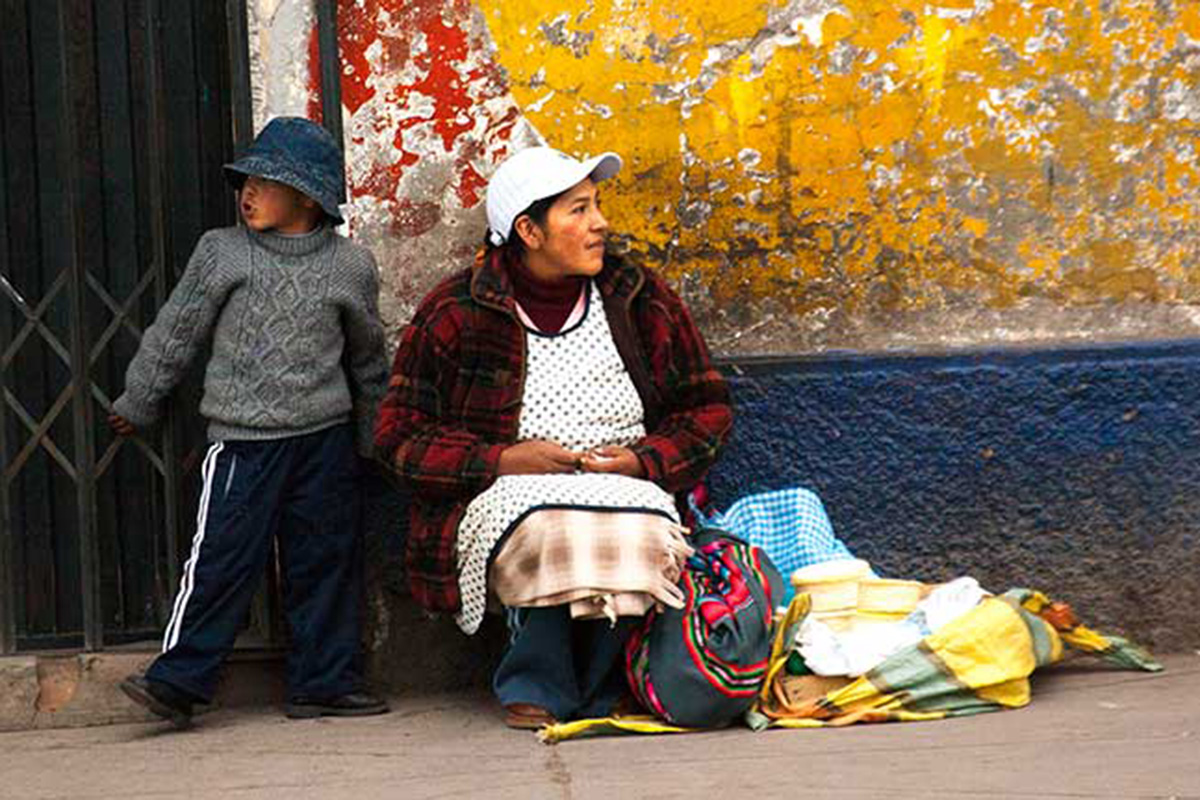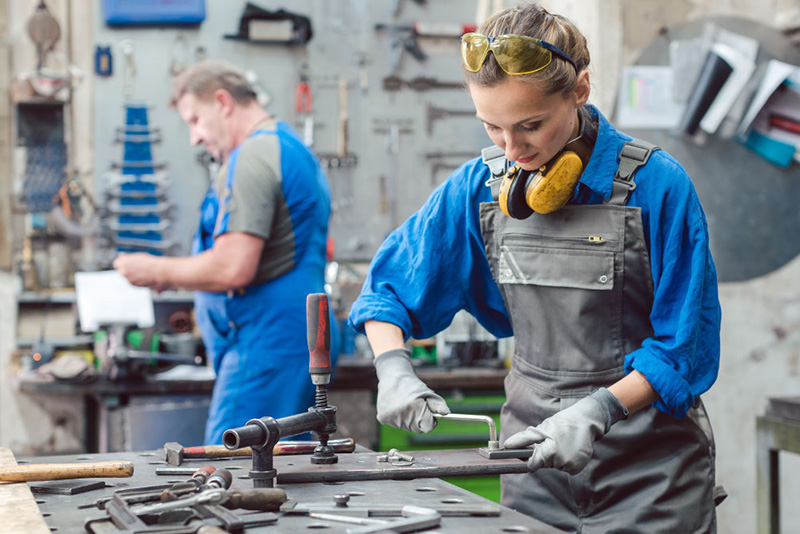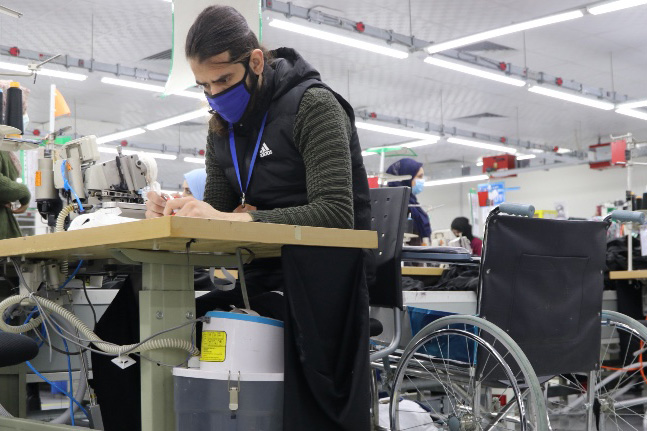About 10 per cent of people are left handed, yet the world of work is overwhelmingly set up for right-handers. There are also numerous examples – historical and contemporary - of discrimination and stigma in relation to left-handed people.
In this edition of the ILO's Future of Work podcast, Sophy Fisher speaks to Dr Marietta Papadatou-Pastou, Assistant Professor at the National and Kapodistrian University of Athens. Dr Papadatou-Pastou's research interests include various aspects of neuropsychology, as well as cognitive neuroscience and experimental psychology. Her work focuses on handedness and brain lateralization, using behavioral and brain imaging techniques in healthy individuals as well as populations with special education needs.

